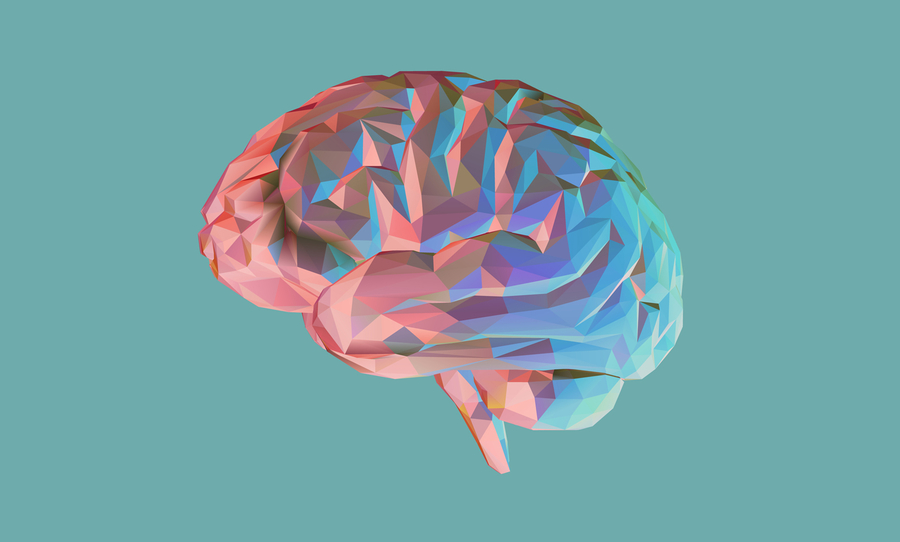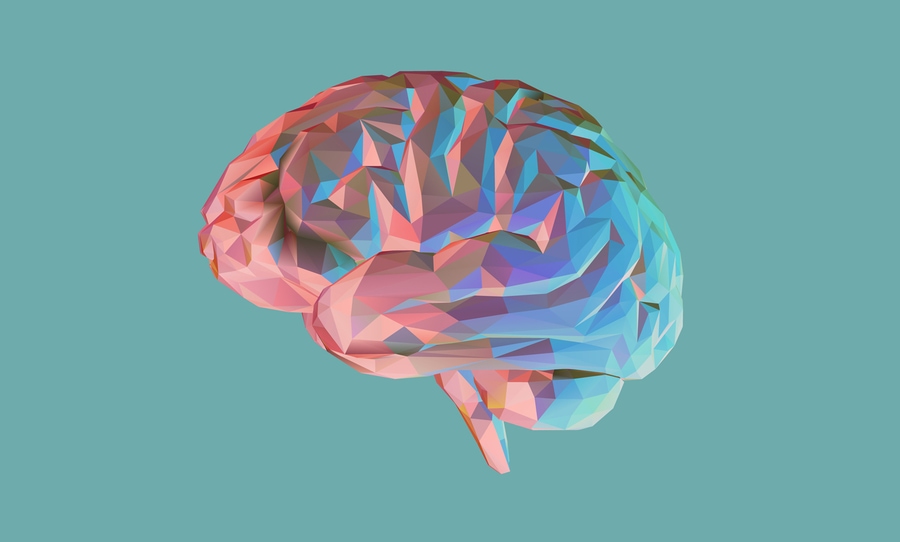It’s a mystery that science has been unable to explain: no person born blind has ever been diagnosed with schizophrenia.
Over the past 60 years, scientists around the world have written about it, combing back through databases in order to find an instance, yet none have been found.

People who are born blind are seemingly unable to get schizophrenia, it’s a puzzling phenomenon which perhaps holds the key to understanding the disorder.
The phenomenon suggests that there is something about congenital blindness (blindness present from birth) which protects a person from schizophrenia.
Yet the strange thing is, that if you lose your vision at a later period in life, you’re actually at a higher risk of developing schizophrenia. If you block out a healthy person’s vision, even for a few days, you can cause hallucinations, and people with schizophrenia have often reported issues with their sight. Visual abnormalities are increasingly being noted as a precursor to schizophrenia.
Researchers are starting to wonder about the link between vision and psychotic symptoms. Could this correlation hold clues as to the mysteries of schizophrenia? What causes it? Who will develop it? How we can treat it?
One theory about blindness and schizophrenia
Tom Pollak has been studying the issue for years. Last year, Pollak and Phil Corlett, an associate professor of psychiatry and psychology at Yale University, published their theory in the science journal, Schizophrenia Bulletin.
The theory revolves around the idea that one of the most important functions of the brain is to make predictions about the world around. They argue that our brains create models of reality which predict and simulate what’s actually happening, rather than perceiving the world around in real-time.
Vision plays a crucial role in this because it feeds us a lot of information about the world around, as well as linking other senses like sound and touch. Thus, if a person’s vision is distorted, it can throw off the model of the world that the brain has built. Their brain has to then make more predictions in order to explain these inconsistencies, ultimately shifting the entire model.
Yet potentially, if you couldn’t see anything, you would never experience false visual representations. If congenitally blind people can’t use vision to build up their model of the world, they rely solely on their other senses.
“The idea we’re trying to get at is, there must be something different in the representation and the stability of the internal world in congenitally blind people,” Pollak said. “And that stability, in a way, is keeping itself protective against the kind of mistakes and false inferences that you get in schizophrenia and psychotic disorders.”
Another answer
Steve Silverstein, a psychiatrist at the University of Rochester, has a slightly different view. He believes that schizophrenia might be more rooted in cognitive deficits (disturbances in perception, attention, memory, language, or learning).
He’s noticed how the compensations made by the brains of blind people seem to be the exact opposite of those with schizophrenia. Thus, the same thing that strengthens the brain of blind people, could potentially weaken the brains of people with schizophrenia in the reverse.
Whatever the answer, it’s a fascinating link, one which hopefully brings us one step closer to unravelling the mysteries of the brain.
Check out our article about mental illness in the music industry.



